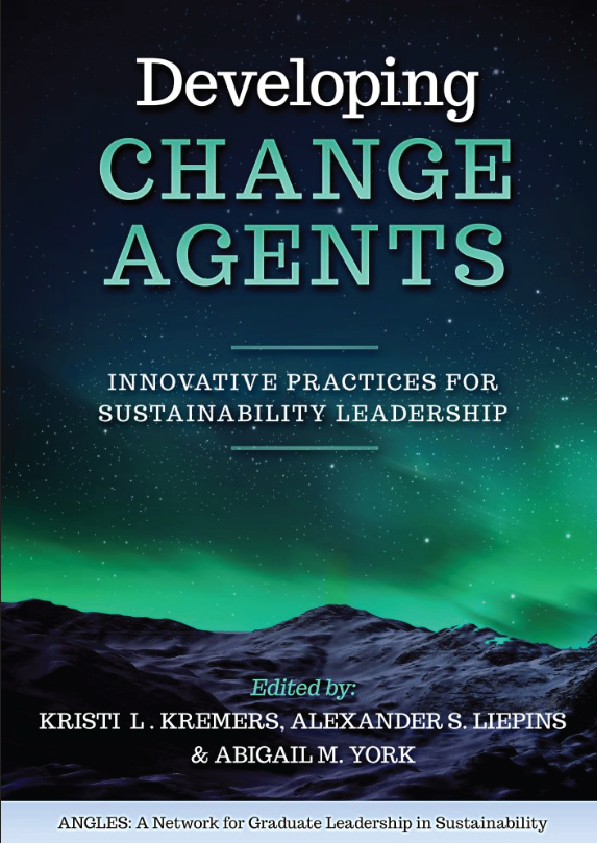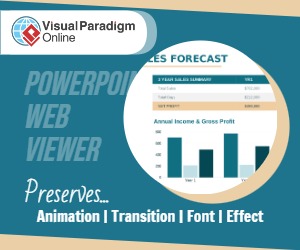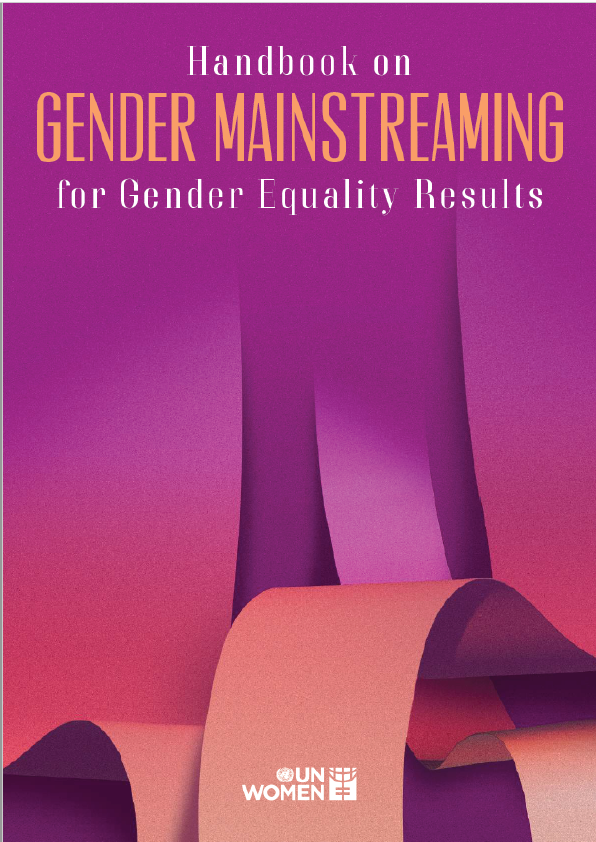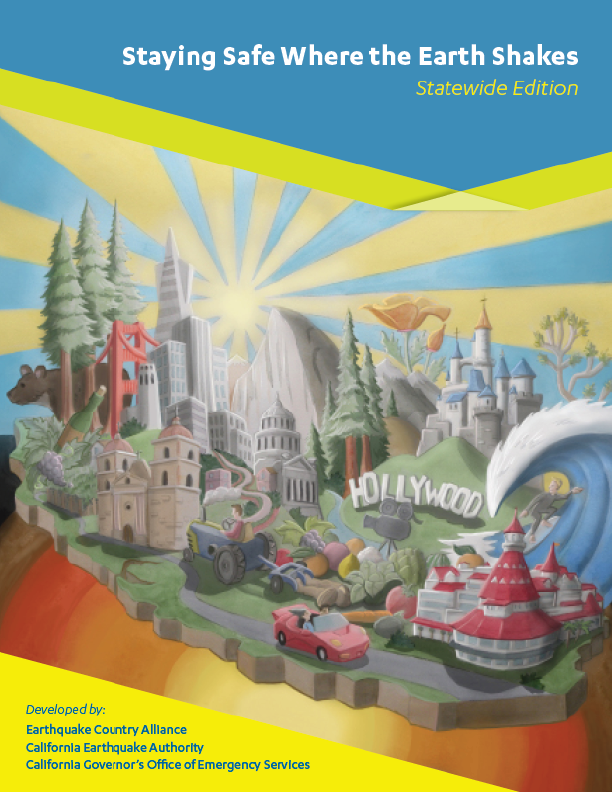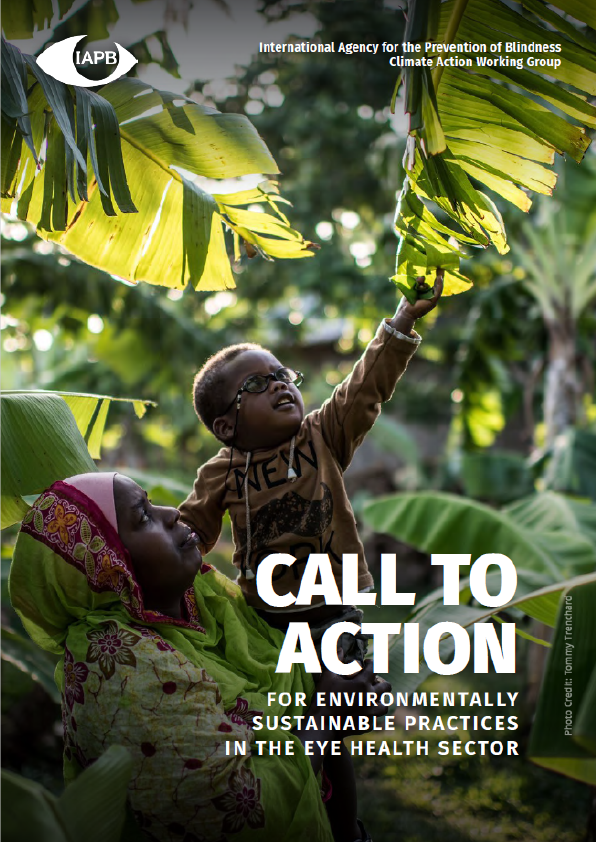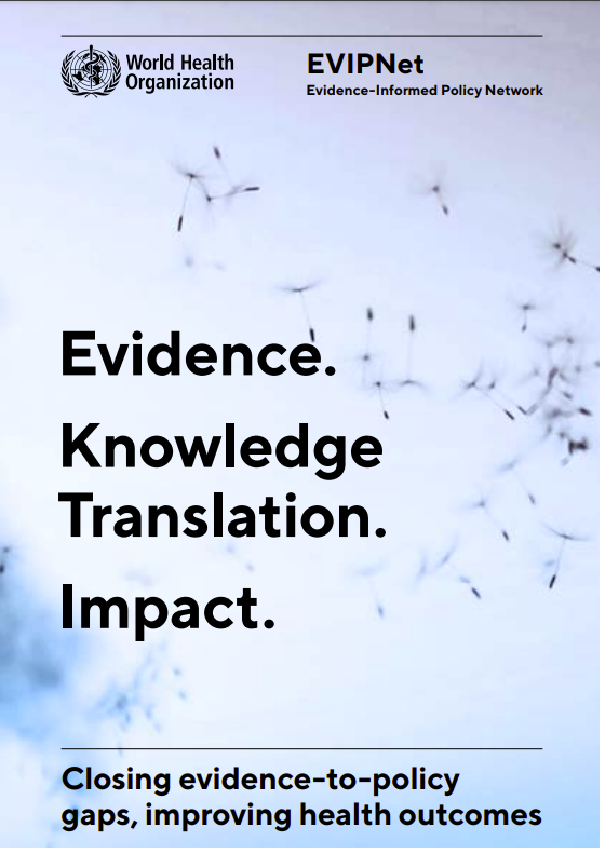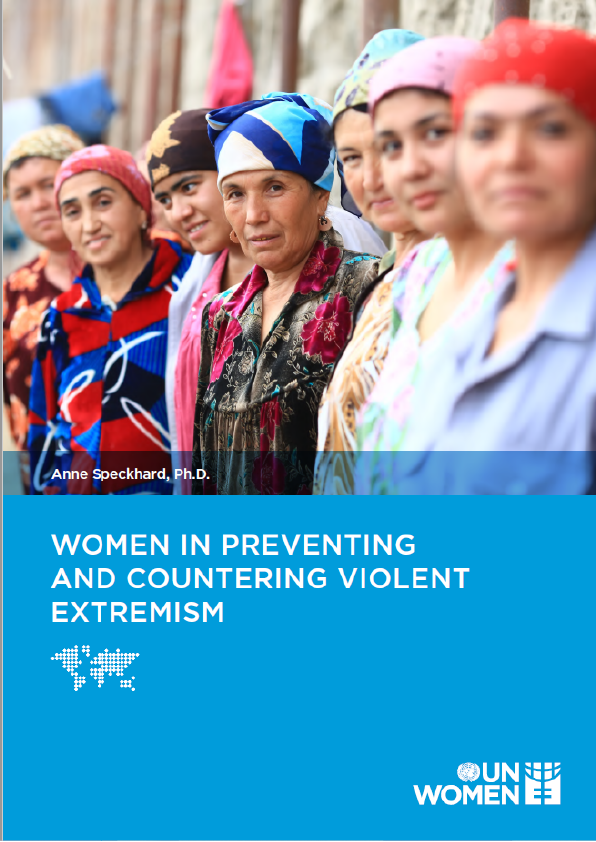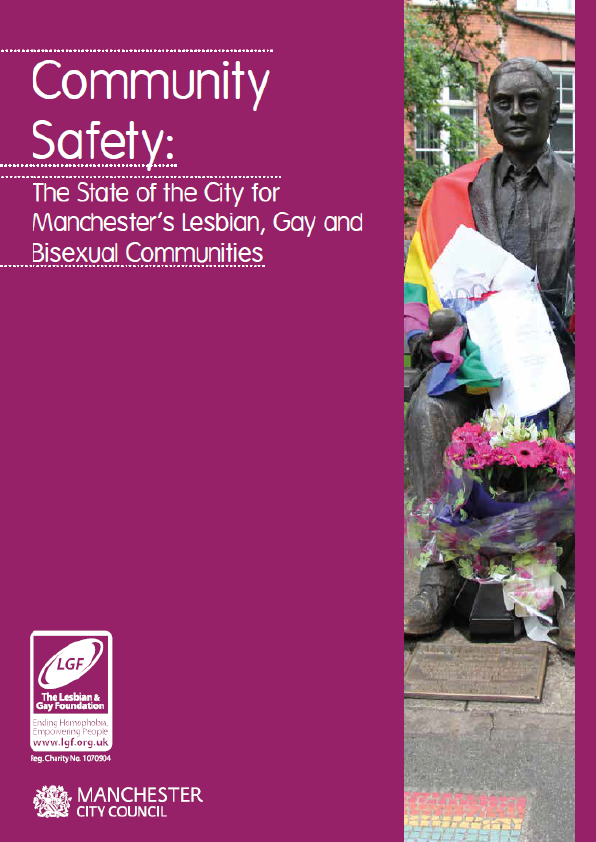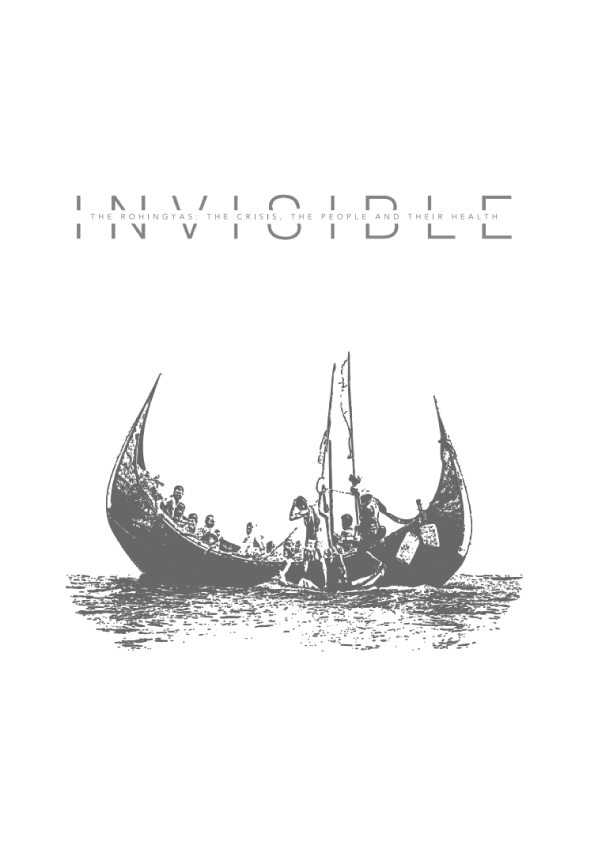The complex character of sustainability problems calls for new forms of leadership. Traditional academic training—with its emphasis on the accomplishments of independent scholars, the advancement of individual disciplines, and the production of new knowledge—is ill-suited for addressing emerging sustainability problems that require interdisciplinary collaboration, engagement with diverse stakeholders, and an integrated focus that combines problem characterization with the development of adaptable solutions (Irwin et al., 2018). As a result, traditionally trained academics often lack the necessary skills and practical experience needed for tackling wicked problems (Kreuter, De Rosa, Howze & Baldwin, 2004; Rittel & Webber, 1973).
The Senator George J. Mitchell Center for Sustainability Solutions (at the University of Maine (UMaine)), together with partners in academia, government, the private sector, and civil society, aspires to address this leadership challenge by providing graduate students with opportunities to conduct team-based, solutionsoriented research, thereby preparing them to act as change agents in our increasingly complex world. The Mitchell Center’s approach recognizes that one’s ability to lead in these multifaceted partnerships depends on one’s competencies (e.g., thoughtful listening, reflexive communication, boundary spanning) and state of mind (e.g., desire to learn, willingness to take risks, tolerance for ambiguity). While the authors see leadership as an individual competency that can be nurtured, we also see leadership as a condition of the organization itself, and we work to create leadership-rich organizational environments (Crona & Bodin, 2012; Marion & Uhl-Bien, 2001).
This understanding of sustainability leadership guides the Mitchell Center’s graduate training approach. Graduate students are first embedded in interdisciplinary, stakeholder-engaged teams to conduct their research. Each team is part of a broader network of teams that is addressing a variety of sustainability challenges in Maine and beyond. In some ways, being embedded in a team and partnership is a more important part of training than the specific challenge being addressed. Concurrently, graduate students take part in coursework along with formal and informal training that strengthens their leadership capacity and enhances student learning in their research teams. This is accomplished by
1) providing theoretical and practice-based information on collaboration, shared decision-making, and science communication, among other topics;
2) promoting reflection and a critical analysis of one’s experiences with both interdisciplinary and transdisciplinary research (Lang et al., 2012), and 3) developing specific skills such as mixed-methods research, facilitation, communication, and participatory approaches to enhance real-world decision-making. In our experience, these are crucial skills for sustainability scientists. Further, these skills are often not taught in traditional disciplines, thus other ways to facilitate this learning are needed. In collaboration with faculty, staff, community partners, and program alumni the Mitchell Center has developed and refined this training approach over the last decade, helping train more than 200 graduate students. The authorship team of this chapter reflects our approach to leadership development. For example, Karen Bieluch and Bridie McGreavy entered the Sustainability Solutions Initiative (SSI), a program run through what is now the Mitchell Center for Sustainability Solutions and made possible through a Track 1 grant supported by the National Science Foundation, as students and are now leading the development of a chapter that reflects our approach to leadership training.
This is just one example of the synergy between the training approach and the organizational culture and how it strengthens our ability to evaluate and refine our leadership development practices. We emphasize, however, that the Mitchell Center’s approach should not be viewed as a model for graduate sustainability leadership development that can be strictly replicated (i.e., applied in exactly the same form in any university setting). Instead of adopting the described approach as a fixed strategy, the focus should be on adapting the approach: taking the overarching strategies we have described and adapting the approaches to your context, your situation, your students, and your system. Although it is a complex and often ambiguous journey, doing this builds the individual and organizational attributes needed for sustainability.
